Jim's Gems: Fifty years on, 1972 was a game-changer for music
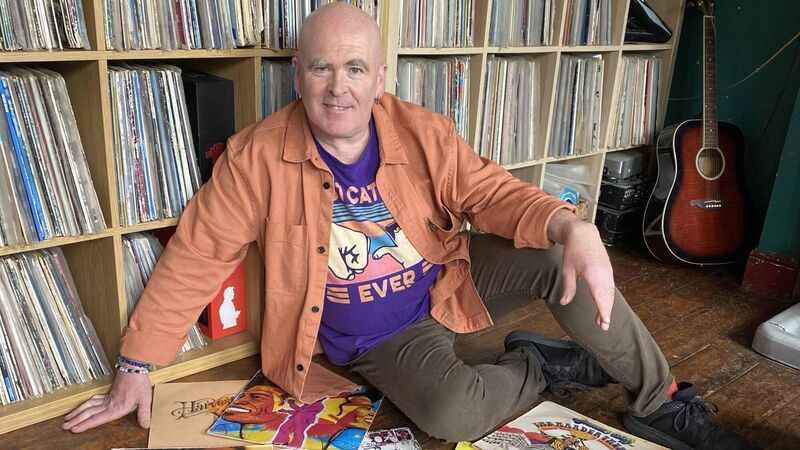
Jim Comet: one of Cork's legendary DJs, musicians and record-slingers picks his favourites from the year 1972. Picture: Lucy Keeffe O'Mahony
The phrase ‘landmark year’ in music is probably used too often and too flippantly.
Among the thousands of albums released every year a select few could be described as game-changers.
The number of these released in any given year determines whether it’s a landmark year or not. The ones that readily spring to mind are '68, '71, '81 and of course, 1972 - which was 50 years ago.
I’ve picked what I consider to be the best albums of 1972. You may agree or disagree with my choices, but the debate will be fun as will discovering or rediscovering these precious musical gems.
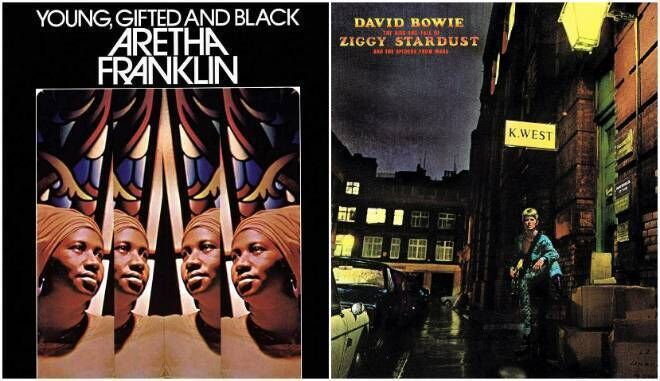
The late 1960s early 70s saw Aretha reach her creative peak and release her most iconic records.
This in my opinion is the pick of the bunch.
Featuring originals such as ‘Rock Steady’ and ‘All The Kings Horses’ alongside covers such as Elton John’s ‘Border Song’ and the title track originally written by Nina Simone for the Harlem Cultural Festival in 1969.
She’s joined by an impressive list of players that includes Billy Preston and Donny Hathaway.
Her sisters Irma and Carolyn are also joined by The Sweet Inspirations on backing vocals.
A vinyl copy of this is rarer than hens’ teeth.
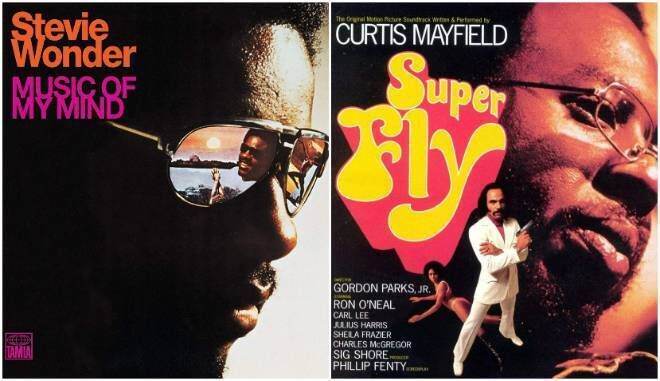
Like many artists at the start of the 70s, Stevie started to take more control over his own music and move away from the Motown sound that once defined him.
He recruited electronic wizards Malcolm Cecil and Robert Margouleff, and what followed was a run of five stunning albums beginning with this and culminating with in 1974.
This, the best of the bunch, is a very organic record where all the tracks blend into each other like a musical thread, so switch off the shuffle button.
It’s also the one with the least recognisable tracks, which is why it’s often overlooked.
The perfect soundtrack for lazy summer afternoons in the garden.
Early 70s America, the civil rights movement had fizzled out and the optimism of the 60s had all but disappeared.
The voices of protest that once boomed from the ghettos were muted by cheap heroin. This provided the backdrop for Curtis Mayfield's third and arguably finest album.
Ranging between vocal and instrumental tracks he pulls no punches in describing the harsh realities of life in Black America.
Featuring many of his iconic tracks such as Pusherman and Freddie’s Dead, it’s one of two soundtracks he recorded during the decade.
The film itself is also an excellent watch.
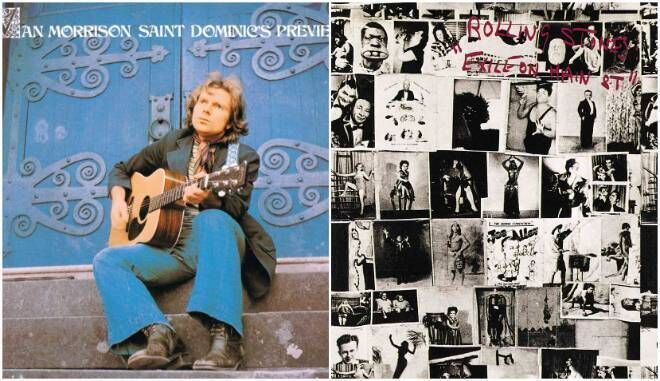
Between 1968 and 1973, The Rolling Stones released those 5 classic albums, the holy grail that would forever define them.
This is the fourth, a double album recorded in the South Of France amidst lawsuits against managers, becoming tax exiles, brushes with the law and the lawless, and Keith Richards' increasing dependency on heroin.
Mick Jagger went off and got married in the middle of the recording sessions. The Stones, however, seem to operate best amidst total chaos, and they ended up making one of the finest records of the decade.
To top it off, they were kicked out of the country at the end of recording, with the subtle suggestion that they never return.
Robert Greenfield’s excellent provides a brilliant and entertaining insight into the madness.
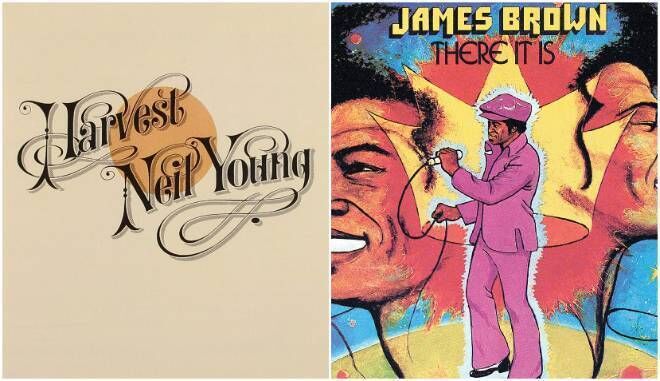
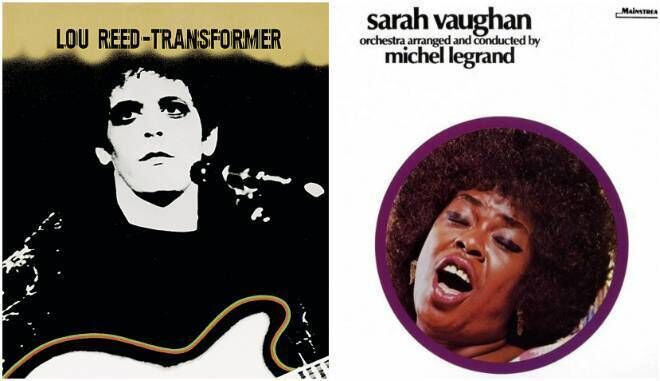
- Next week: 1982


